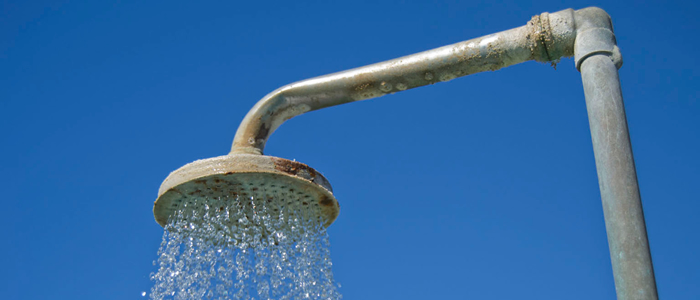For most UK adults, mentioning the term ‘Legionnaires’ disease’ is usually enough to send a shudder down the spine. This debilitating illness was frequently in the news headlines about a decade ago and the bad news is that it never really went away.
Legionella explained

Legionella or Legionellosis is the scientific term for a group of illnesses that are caused by Legionella bacteria. These include the aforementioned Legionnaires’ disease and a number of other pneumonia related conditions. As well as being potentially fatal, these illnesses are still in existence in UK workplaces today. The technical name for the bacteria is Legionella pneumophila, and this tends to be prevalent in natural water sources around the world. Rivers, reservoirs and lakes are the typical domain of this deadly germ but they can also exist in man-made water structures that include spas, cooling towers, and condenser devices.
Risks
Although Legionella is not particularly selective as to who it decides to infect, there is a particular demographic that seem more susceptible than most. If you are over 45 years old, a smoker or drinker, have issues with your breathing or kidneys, and have a low immune system, you will be firmly placed in the high risk group. Catching this nasty disease is usually caused by breathing it in via droplets of water that are infected with legionella. Air conditioning systems can house this bacteria and it can thrive quite happily in these systems via the condenser device until they are spread throughout the building. Hot water tanks are another popular breeding ground for Legionella and the first case of this disease was identified back in 1976.
Dangers
Over 32,000 cases of Legionnaires’ disease were noted between 1995 and 2005, and it is thought that many more were unreported, particularly in developing countries. These outbreaks usually occur during the summer and early autumn months, particularly when air-conditioning is at its most active. Symptoms of this disease are usually defined as having a fever, chills, and a nasty dry cough. Vomiting, loss of appetite and co-ordination, confusion, and cognition issues will also come into play. Pneumonia can increase the dangers and complications and treatment needs to be applied sooner rather than later. Mortality has dropped to around 5% thanks to improved treatment technology, but it was as high as 15% when originally recorded in 1976.
Awareness of Legionella
As with any potentially fatal workplace disease, it is vital to be able to both manage the conditions that can lead to the existence of Legionella and also recognise the symptoms as early as possible. There are a number of UK training courses that set out to help UK workforces deal with the very real risks associated with Legionella. Boss training offer a Legionella awareness training course and this is recommended to any workplace that deals with a frequent use of water handling systems. These courses will help to train the relevant workforce in all aspects of understanding, managing, and recognising Legionella in the workplace.